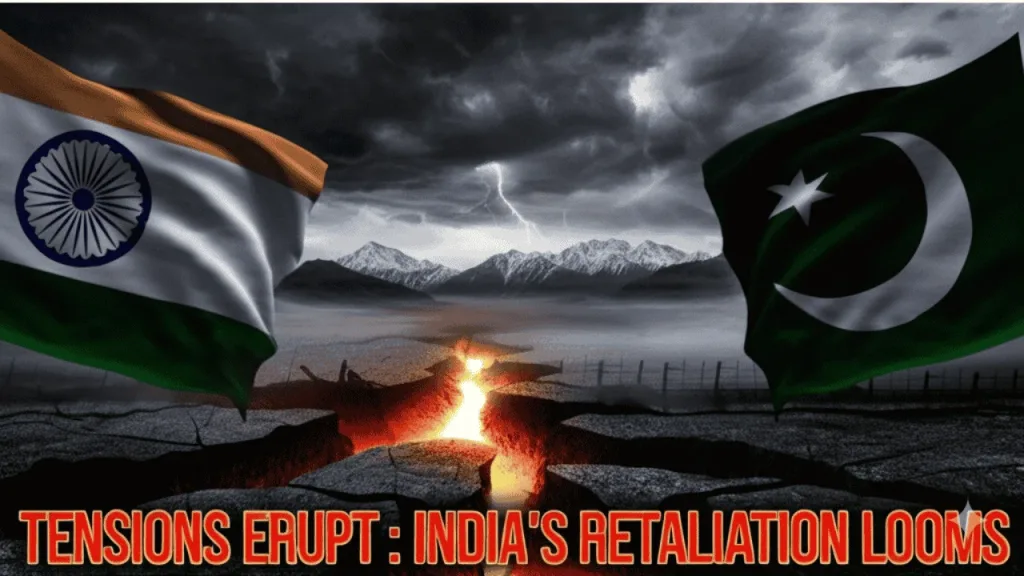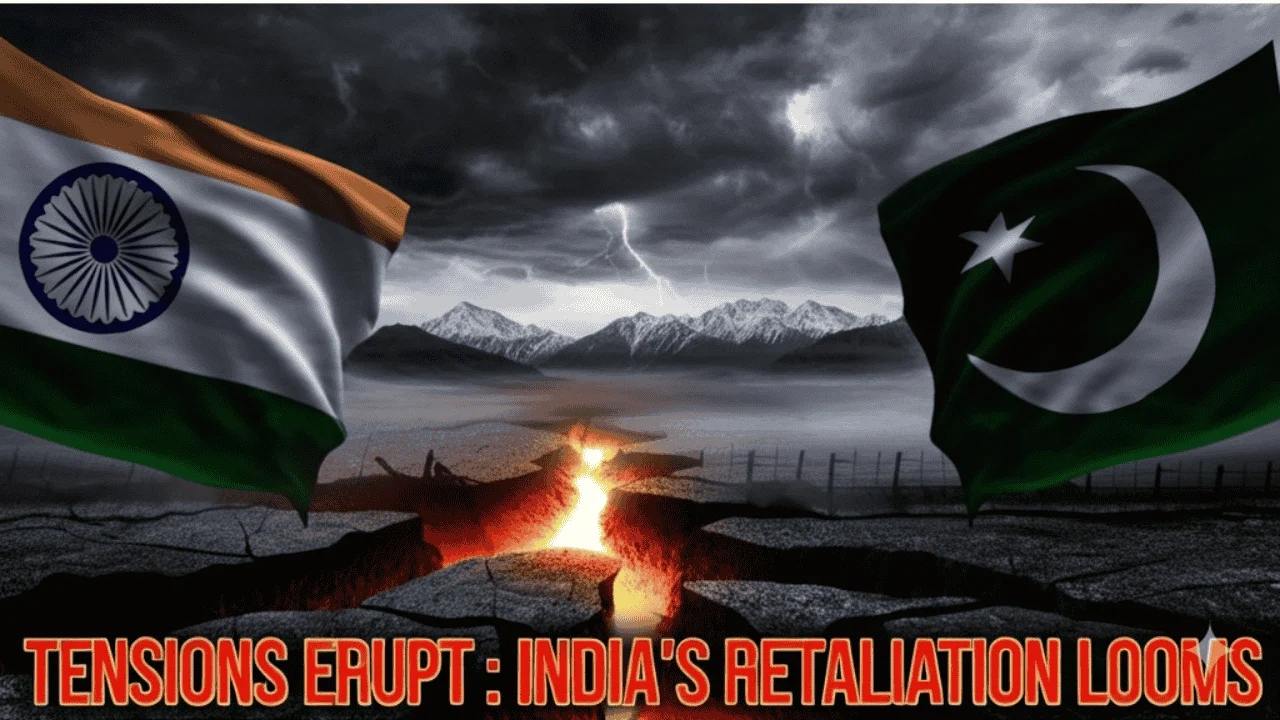In today’s session, we turn our focus to the escalating crisis between India and Pakistan following the recent terrorist attack on tourists in Kashmir. We’ll also explore India’s preparations for retaliation and the widening diplomatic rift between the two nuclear-armed neighbors.
On June 22, a brutal attack shattered the calm of Kashmir’s Pahalgam region, as terrorists opened fire on visiting tourists. The assault sparked outrage across India and prompted an immediate, high-level security response from the government. Among the first moves: a reevaluation of India’s longstanding commitments under the Indus Waters Treaty — a move met by Pakistan’s threat to withdraw from the historic Shimla Agreement, sending tensions soaring.
To understand the unfolding situation firsthand, I traveled to Kashmir — from the crowded streets of Srinagar’s Lal Chowk to the now-muted landscapes of Pahalgam. The scenes were haunting. Streets once bustling with tourists and traders now stood empty. Hotels sat vacant. The chatter and vibrancy that usually fill Kashmir’s valleys had been replaced by an uneasy silence, broken only by the occasional whirr of media vans and distant army patrols.
Kashmir was not just grieving; it was holding its breath.
Tourism and Tensions: A Delicate Balance
For decades, tourism has been a vital artery for Kashmir’s economy — a source of livelihood, pride, and connection to the outside world. Despite political instability, Kashmiris have continued to welcome visitors with warmth and hospitality.
However, the recent attack has strained this bond. Many locals now voice a growing frustration — not directed at the Indian state or even the security forces, but at the violence that threatens to sever Kashmir’s hard-won economic ties. There is a quiet fear: that if tourism collapses, it could push many disillusioned youths — already navigating the scars of decades-long conflict — back into the shadows of extremism.
Boycotting Kashmir in solidarity may feel symbolic to some, but it risks devastating the very communities most vulnerable to radicalization.
India’s Strategic Response: Water as a New Front
In a sharp strategic pivot, the Indian government moved quickly to reassess the Indus Waters Treaty, signed in 1960. The treaty, often hailed as a rare success of India-Pakistan diplomacy, grants Pakistan control over 80% of the Indus river system waters.
This time, India didn’t just threaten — it acted.
Within days of the attack, India halted the flow of Jhelum waters without prior notification, later releasing a surge that caused localized flooding in parts of Pakistan. Social media soon flooded with images of rising waters in Pakistani towns, as residents struggled against the unexpected deluge.
India’s calculated move sent a clear signal: it is prepared to leverage its geographic advantages to exert pressure without crossing conventional military lines. In doing so, it challenged decades of established norms — subtly but unmistakably.

Firm Resolve from Leadership
Prime Minister Narendra Modi’s address during the 121st episode of Mann Ki Baat underscored the government’s stance. Speaking with a blend of restraint and emotion, Modi emphasized Kashmir’s recent transformation — record tourism, economic revival, new investment — and expressed his deep anguish over the attack.
Importantly, India shifted its communication strategy to target international audiences. For the first time post-crisis, English-language bulletins were dispatched with clear messaging: India is patient, but it will not remain passive.
Veteran observers are drawing comparisons to 1971, when then-Prime Minister Indira Gandhi, guided by General Sam Manekshaw’s counsel, delayed military retaliation until the time was right. That same strategic patience seems to be in play today.
On the Ground: A Quiet Before the Storm
During my visit to Pahalgam, it became evident that subtle preparations are underway. While no formal evacuation has been announced, authorities are facilitating the quiet departure of tourists, and security has been discretely intensified.
The silence across Kashmir is not just the absence of sound; it is an anticipation of something more.
Locals, accustomed to reading between the lines of official narratives, quietly acknowledge a growing sense of inevitability: a retaliation is coming — not if, but when.
Water Wars: A New Battlefield
India’s decision to weaponize water resources marks a major shift in regional dynamics. Historically, New Delhi maintained the Indus Waters Treaty even during the wars of 1965, 1971, and 1999. That commitment now appears less sacred.
Already, disruptions to the Jhelum River have sparked alarm in Pakistan. Experts warn that coordinated control over the Chenab and Indus flows could trigger widespread agricultural distress — a pressure point India may be willing to exploit.
This strategy — indirect yet deeply impactful — signals that future conflicts may not be fought solely with soldiers, but with rivers, treaties, and the strategic manipulation of vital resources.
Conclusion: A High-Stakes Standoff
The attack in Kashmir has reshaped India-Pakistan relations, setting off a chain of events whose consequences are still unfolding. With diplomatic ties fraying, military readiness increasing, and water politics entering the fray, South Asia is approaching a critical juncture.
As India weighs its next move, the message is clear: this is not the India of past decades. Today’s response will be deliberate, multidimensional, and possibly game-changing.
Until then, stay alert, stay informed — because in geopolitics, as in chess, it’s often the quietest moves that change the game.
